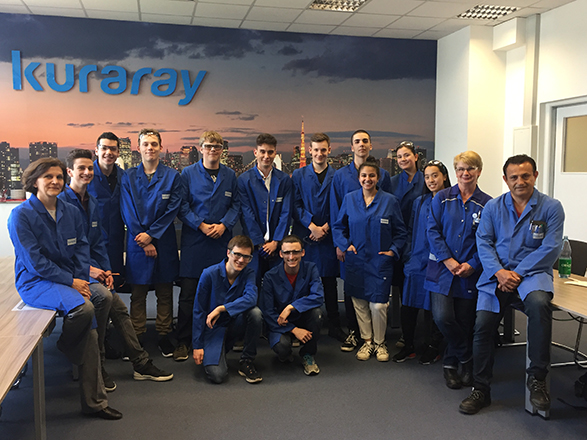Polyvinyl Alcohol (PVA) is a well-known polymer appreciated for its versatility and wide-ranging applications. However, the realm of possibilities expands even further with modified polyvinyl alcohol, where strategic alterations to its molecular structure unlock enhanced properties and cater to specific industrial needs. In this article, we will delve into the distinctive features, methods of modification, and the transformative impact of modified polyvinyl alcohol across various industries.
Characteristics of Modified Polyvinyl Alcohol:
Modified polyvinyl alcohol retains the fundamental properties of traditional PVA but undergoes intentional alterations to its structure, resulting in enhanced or specialized characteristics. The modifications can include changes in solubility, adhesion, tensile strength, and other performance-related attributes.
One of the notable characteristics of modified PVA is its improved thermal stability. This modification allows the polymer to withstand higher temperatures without compromising its structural integrity, opening doors to applications in elevated-temperature environments.
Methods of Modification:
Several methods are employed to modify polyvinyl alcohol, each geared towards achieving specific enhancements. Some common methods include:
- Chemical Modification: Introducing chemical additives or altering the polymerization process to modify the chemical structure of PVA. This can include cross-linking, copolymerization, or the incorporation of reactive groups.
- Physical Modification: Changing the physical properties of PVA through processes like blending with other polymers, physical cross-linking, or the introduction of reinforcing materials.
- Enzymatic Modification: Utilizing enzymes to catalyze specific reactions on the PVA molecules, resulting in modified properties. Enzymatic methods are often considered environmentally friendly and precise.
- Hydrolysis: Adjusting the degree of hydrolysis in PVA can lead to modified solubility and film-forming properties. Partial hydrolysis, for example, can enhance adhesion and water resistance.
The choice of modification method depends on the targeted properties and the intended applications of the modified polyvinyl alcohol.
Applications Across Industries:
- Packaging Industry: Modified polyvinyl alcohol finds application in the packaging industry, where its enhanced tensile strength and thermal stability contribute to the production of robust and heat-resistant packaging materials. This is particularly valuable for packaging applications in the food and pharmaceutical sectors.
- Textile and Apparel: In the textile industry, modified PVA is used for fabric sizing and finishing. Its improved adhesion properties lead to better fiber retention during weaving, resulting in stronger and more durable textiles.
- Construction Materials: The modified polyvinyl alcohol is incorporated into construction materials like cement and mortar to enhance their adhesive properties. This contributes to the durability and longevity of structures.
- Adhesives and Sealants: Modified PVA is a key component in the formulation of high-performance adhesives and sealants. Its improved adhesion and resistance to environmental factors make it ideal for applications ranging from woodworking to automotive assembly.
- Paper Industry: The enhanced film-forming ability of modified PVA is harnessed in the paper industry for surface sizing. This results in improved printability, strength, and water resistance in paper products.
- Biomedical Applications: In the biomedical field, modified polyvinyl alcohol is explored for drug delivery systems and tissue engineering. Its biocompatibility, tunable properties, and controlled release capabilities make it a promising material for various medical applications.
Advantages and Considerations:
The modification of polyvinyl alcohol brings about numerous advantages, making it a sought-after material in various industries. The tailored properties, whether improved thermal stability, adhesion, or tensile strength, allow for precise customization based on specific application requirements.
However, it’s crucial to consider potential challenges associated with modified PVA. The complexity of the modification process may lead to increased production costs, and careful consideration is needed to balance the desired properties without compromising other essential characteristics.
Conclusion:
Modified polyvinyl alcohol stands as a testament to the continuous evolution of polymer technology. Its enhanced properties make it a technological marvel, contributing to advancements across diverse industries. From packaging materials to textiles, construction, and biomedical applications, the versatility of modified PVA opens avenues for innovation and improved product performance.
As research and development in polymer science progress, the applications of modified polyvinyl alcohol are likely to expand further. The ability to fine-tune its properties according to specific industrial needs positions modified PVA as a dynamic material capable of addressing the challenges and requirements of a rapidly evolving technological landscape. In the quest for high-performance materials, modified polyvinyl alcohol emerges as a valuable and transformative player, shaping the future of numerous industries.

